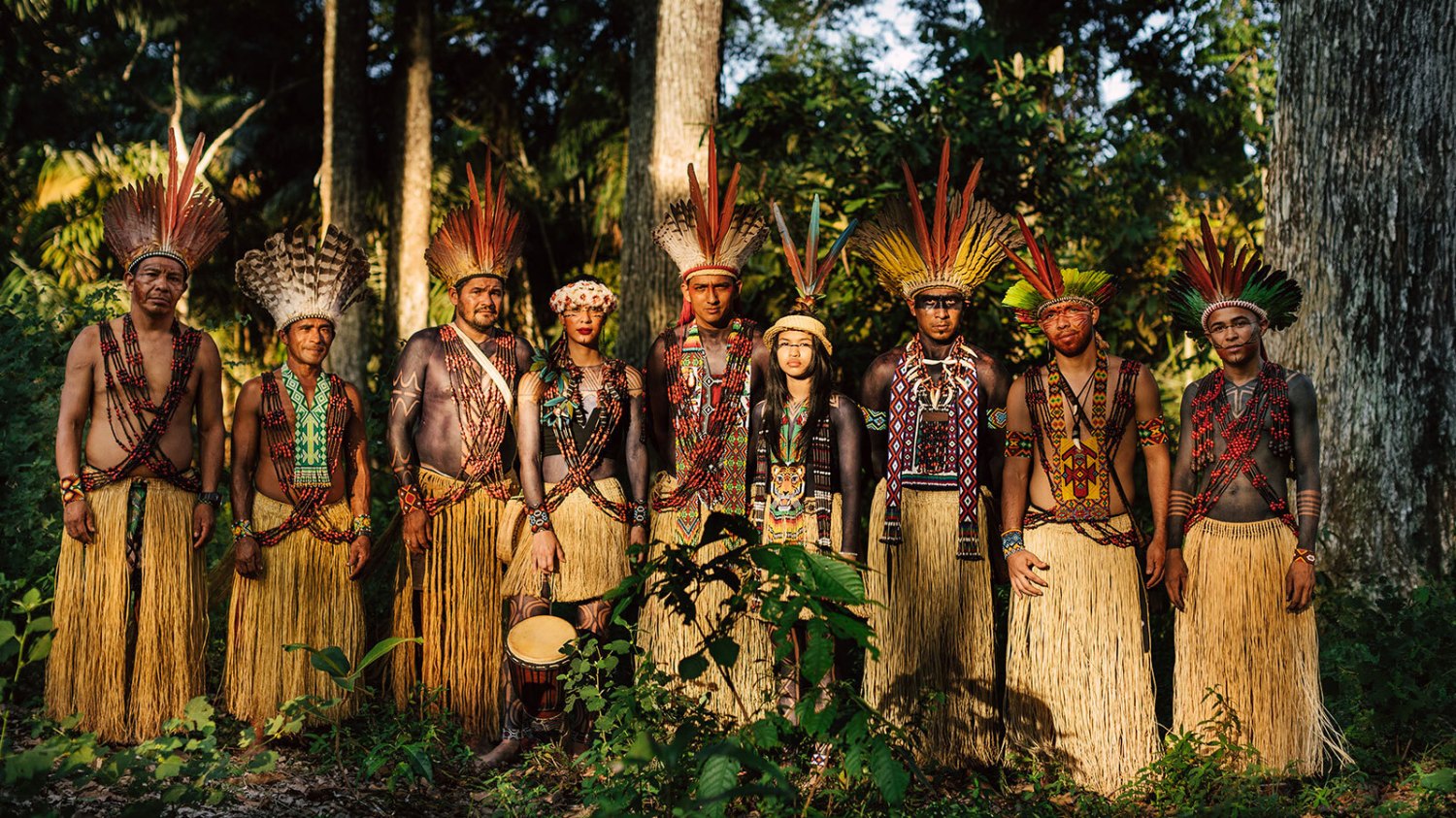Nukini 7 Stars
Nukini Seven Star Rapé is a unique expression of the Nukini tribe, carefully crafted, and ingredients harvested with great respect and ancestral knowledge.
Seven Star Rapé contains Mapacho and seven essential plants for the Nukini, with strong visionary and connection properties.
According to the Nukini, this variety has strong connection properties, and is a door to deep introspection, mental clarity and spiritual openness.
Its history is strongly linked to the Nukini worldview, where the jungle represents a sacred temple and each step is a tribute to the connection with nature.
-Size: 10 ml bottles (Approximately 8gr.)
-Use: Ethnobotanical curiosity.
24,00€

The Nukini Tribe
The Nukini live in the depths of the Amazon jungle, and stand as custodians of an ancestral tradition and a worldview that fuses spirituality with the biodiversity of their environment.
Located in the Amazon region of Brazil, its territory covers a vast jungle landscape full of rivers and lush forests.
Close to notable tribes such as the Kaxinawá and the Ashaninka, the Nukini share the cultural wealth and connection with nature that characterizes these indigenous communities.
Throughout their history, the Nukini have faced significant challenges, from the arrival of settlers in 1892 to modern pressures in the 1980s and 1990s. However, they have demonstrated resilience by preserving their ancestral territory and revitalizing their traditions.
Nukini society presents a complex social structure, marked by strong interpersonal ties, significant rites of passage, and an equitable distribution of roles. Social relationships are essential, forging a community cohesive not only by family ties, but also by the spiritual connection with the jungle.
Rites of passage, symbolizing the transition to adulthood, reinforce individual identity and strengthen the connection to the Nukini cultural heritage. Marriage, transcendental in society, not only unites two individuals, but integrates two families into mutual collaboration.
In terms of gender roles, Nukini society exhibits equity based on individual abilities and preferences. While everyday tasks are intrinsically linked to the forest, such as hunting and gathering, women play a crucial role in preserving traditions and collecting medicinal plants.
In conclusion, the Nukini society is presented as an interdependent community, where social relations, rituals and gender equality converge in a harmonious dance with the jungle.

